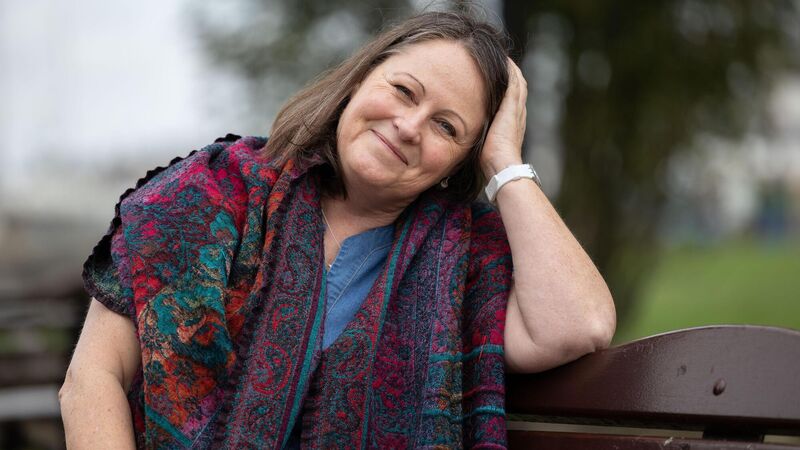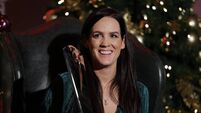A councillor tried to quash my political dreams — now I help women run for local elections

Michelle Maher, Programme Manager, See Her Elected. Picture: Darragh Kane
In 2008, two years after she lost her husband James to cancer, Michelle Maher decided that she would make a good county councillor.
She saw so much that was wrong around her — the footpath that wouldn’t take a double buggy, the bockety slide in the playground — and decided she would take action.










